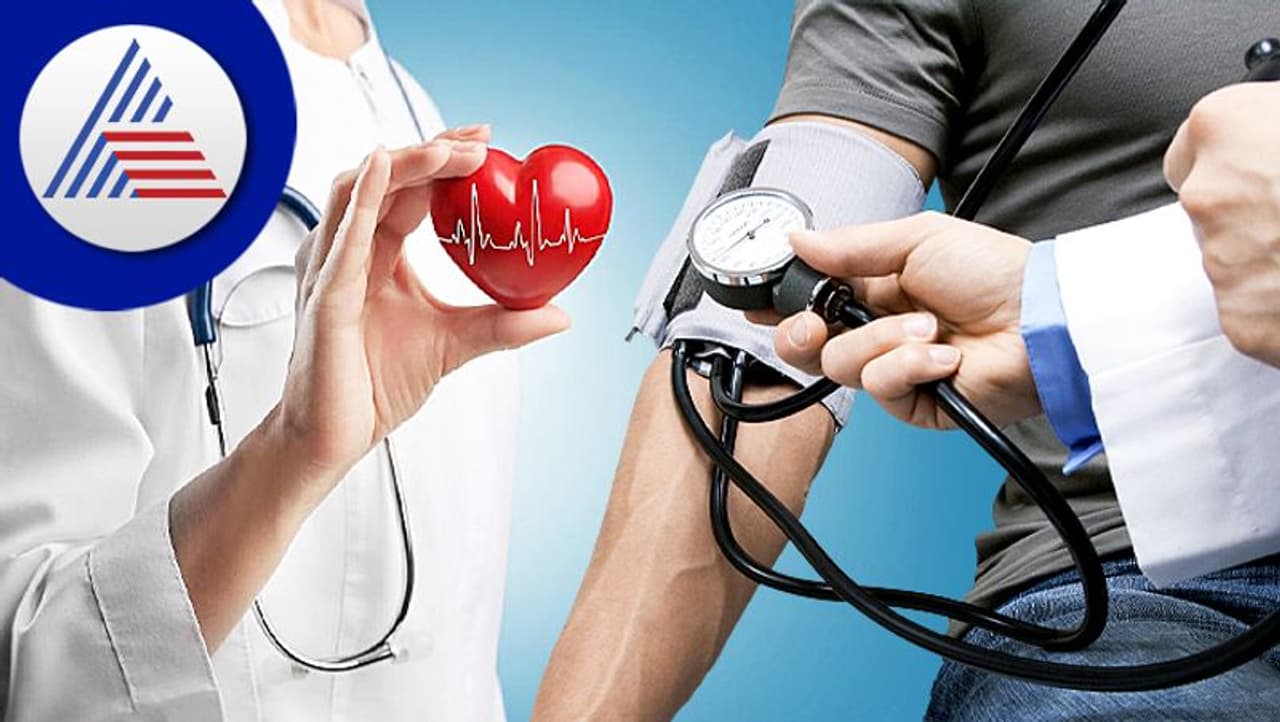Does hypertension or high blood pressure trigger heart attack? Read this
According to the CDC (Centers for Disease Control and Prevention), high BP affects 7 out of 10 people who experience their first heart attack and 8 out of 10 people who experience their first stroke.

Getty Photos
According to the Centers for Disease Control and Prevention, those who have hypertension are more likely to suffer from heart disease and stroke (CDC). Having high blood pressure damages the arterial wall. The damage may increase the arteries' susceptibility to plaque accumulation, resulting in a blockage or diminished blood flow.

Getty Photos
A stroke or heart attack may happen from a blockage that is close to the heart or brain. According to the CDC, high blood pressure affects 7 out of 10 people who experience their first heart attack and 8 out of 10 people who experience their first stroke.
Getty Photos
Heart attack and high blood pressure are related:
The coronary arteries that supply the heart develop plaque, a deposit of fat, cholesterol, and other chemicals, which causes them to constrict over time. Atherosclerosis is the term for this progressive process.
Getty Photos
As arteries get clogged with plaque, blood clots become more prone to develop. When an artery is blocked by plaque formation or a blood clot, blood flow into the heart muscle is disrupted, starving the muscle of oxygen and nutrients. A section of the heart muscle that has been injured or killed is what causes a heart attack.
Getty Photos
Here are a few steps to control high BP:
Less stress
Chronic emotional stress may be a factor in hypertension. If stress reduction approaches can reduce blood pressure, further study is required.
Quit smoking
Blood pressure increases with cigarette use. Blood pressure is lowered when a smoker stops. Additionally, it can increase general health and reduce the likelihood of developing heart disease, which may lengthen life.
Healthy diet
Up to 11 mm Hg of high blood pressure can be lowered by consuming a diet high in whole grains, fruits, vegetables, low-fat dairy products, and foods low in saturated fat and cholesterol.
Getty Photos
Improve lifestyle:
Sleep well:
People who don't get enough sleep are more likely to be obese, have high blood pressure, the leads to heart attack, develop diabetes, or experience depression. Most grownups need at least seven hours of sleep each night. Give getting adequate sleep a high priority.
Consume a heart-healthy diet
A nutritious diet can help protect the heart, lower blood pressure and cholesterol levels, and lower the risk of type 2 diabetes. A heart-healthy diet includes fruits and vegetables, other legumes or beans, fish and lean meats, dairy products, and complete grains.
Management mental health
Some people use harmful coping mechanisms to deal with stress, such as bingeing, drinking, or smoking. Your health can be improved by learning alternative stress-reduction techniques like exercise, breathing exercises, or meditation.
Explore the latest Lifestyle News covering fashion, wellness, travel, Food and Recipes, and more. Stay updated with trending Health News, fitness tips, and expert insights to inspire your daily living. Discover personalized lifestyle trends that keep you stylish and informed. Download the Asianet News Official App from the Android Play Store and iPhone App Store for everything that adds value to your everyday life.